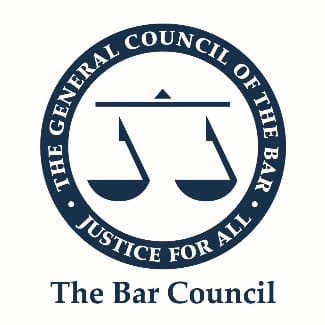Hasan v Ul-Hasan (Deceased) & Anor [2021] EWHC 1791 (Fam)
Judgment date: 02 July 2021
https://www.bailii.org/ew/cases/EWHC/Fam/2021/1791.html
Mostyn J. Does an unadjudicated claim by a wife under Part III Matrimonial and Family Proceedings Act 1984 survive the death of the husband and thus be continued against his estate? This is the first instance judgment including certification to appeal directly to Supreme Court under leapfrog procedure.
The jurisprudence in relation to Part II claims ‘unambiguously’ states that a financial claim made during marriage or following divorce expires with the death of the respondent. In Mostyn J’s judgment, ‘this principle applies equally whether the claim proceeds under Part II following a domestic divorce or Part III following an overseas divorce’. However, there are no decisions directly relating to Part III.
Section 1 Law Reform (Miscellaneous Provisions) Act 1934 provides that (with some exceptions) all causes of action subsisting against a person survive their death and can be pursued against their estate. In Sugden v Sugden [1957] P 120 (CA), Lord Denning considered that a cause in action exists only if a right under an order has accrued at the time of death. As a claimant to maintenance/financial provision merely has a right to approach the court in order in the hope that the discretion will be exercised in her favour, the right to apply is not a cause of action.
On this basis, a claim for financial provision under the 1984 Act was not a cause of action falling within the 1934 Act.
While acknowledging that Dyson LJ had, in Harb v King Fahd Bin Abdul Aziz [2006] 1 WLR 578, queried whether the comments in Sugden were obiter, Mostyn J considered himself bound by Sugden. He therefore dismissed the wife’s claim.
Nevertheless, he argued that Sudgen was wrongly decided for three reasons:
- A fair textual interpretation of the relevant provision, which in Sugden was s 1(1) Law Reform (Miscellaneous Provisions) Act 1934, leads to a conclusion that post-divorce ancillary relief is a cause of action;
- The nature of the claim especially where framed as a sharing claim, has an objective solidity and is not merely spes [hope];
- Post-death relief has been awarded [i.e. per Barder], and ‘this can only be explained if the right to apply to set aside is a cause of action’.
As the Court of Appeal would also be bound by Sugden, Mostyn J indicates that he would be prepared to grant a certificate under s 12(1) Administration of Justice Act 1969 enabling an application to be made direct to the Supreme Court. Certification was later granted.
Editor’s note: The Supreme Court heard the appeal in October 2022 under the name Unger and another (in substitution for Hasan) v Ul-Hasan (deceased) and another. We will link to and summarise the decision when it is handed down.







